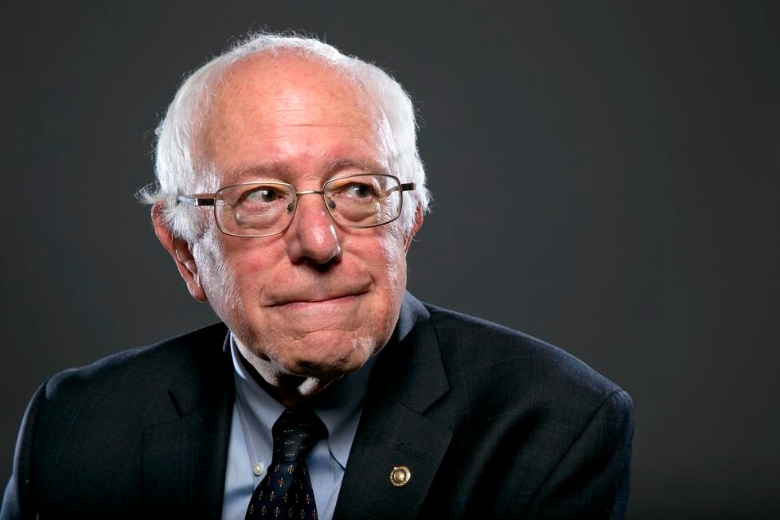Former President Donald Trump has once again stirred controversy with remarks aimed at Vice President Kamala Harris.
Mr. Trump took the stage at the National Association of Black Journalists conference on Wednesday, where he didn’t hold back in addressing questions about Kamala Harris’s racial identity.

The confrontation began when a nasty reporter from fake news media ABC, Rachel Scott, launched an aggressive attack against Trump. During the contentious exchange, Trump addressed Harris’s shifting racial identity, stating, “I didn’t know she was black until a number of years ago when she happened to turn black, and now she wants to be known as black.”
Trending: DNC Insider Trashes Kamala Harris: Undercover Video
Trump’s comments came at a rally in Erie, Pennsylvania, where he criticized Harris for what he perceives as inconsistency in how she presents her racial identity.
“She was Indian, now she’s Black,” Trump quipped, drawing laughter from the crowd . The former president’s remarks reflect a broader skepticism among conservatives regarding Harris’s racial and cultural identity, a theme that has been recurrent since her rise to national prominence.
Kamala Harris, born to an Indian mother and a Jamaican father.
Kamala Harris does nothing but PANDER.
She’s “Indian” when it’s convenient, then “black” when it’s expedient.
Shameless. pic.twitter.com/RBlmXKB1wt
— Nick Sortor (@nicksortor) July 31, 2024
Her multifaceted heritage has been a point of pride for many of her supporters, who see her as a symbol of America’s diversity.
However, Trump and his supporters have seized on this complexity to question the authenticity of her racial identity. This skepticism is rooted in a broader conservative critique of identity politics, which they argue prioritizes superficial characteristics over substantive qualifications and policies.
The former president’s comments were met with predictable outrage from progressive circles, who decried his remarks as racially insensitive. However, within conservative circles, Trump’s comments resonated with those who view Harris’s identity as a political convenience rather than a genuine reflection of her heritage.
President Trump is right.
She switched. pic.twitter.com/gPIOA77X56
— Rep. Lauren Boebert (@RepBoebert) July 31, 2024
What Donald Trump said is 100% true. Suddenly Kamala started identifying as black after always identifying as an Indian candidate. 🤷♂️ pic.twitter.com/KDfDEXVHrY
— Big Fish (@BigFish3000) July 31, 2024
The conservative argument posits that Harris emphasizes different aspects of her identity depending on the audience and political context, thereby manipulating identity politics for electoral gain.
Critics of Harris argue that her fluctuating self-identification is emblematic of a broader trend among politicians who strategically highlight different aspects of their identity to appeal to various voter demographics. This perspective suggests that such tactics are disingenuous and undermine the authenticity of personal identity in public discourse.
Trump’s remarks also reflect a broader pattern in his political strategy. Throughout his political career, Trump has consistently used provocative rhetoric to energize his base and dominate media coverage. His comments about Harris are part of this broader approach, leveraging inflammatory statements to maintain relevance and mobilize his supporters.
The media response to Trump’s comments has been predictably polarized. Outlets like The Wall Street Journal noted the divisive nature of Trump’s remarks and highlighted the laughter from the crowd as indicative of his continued influence over his base . Meanwhile, conservative platforms like The Gateway Pundit amplified the remarks, framing them as a legitimate critique of Harris’s identity politics .
Harris, for her part, has largely refrained from engaging directly with Trump’s attacks. Instead, she has focused on her policy agenda and the Biden administration’s achievements. However, the recurring scrutiny of her identity poses a persistent challenge, forcing her to navigate the complex terrain of personal identity in the political arena.
The ongoing debate over Harris’s identity is indicative of the broader cultural and political battles over race and identity in America. As the nation becomes increasingly diverse, questions of identity, authenticity, and representation are likely to remain contentious issues. For conservatives, the focus on Harris’s identity politics underscores a broader critique of what they perceive as the left’s obsession with race and identity, often at the expense of policy substance.
In this context, Trump’s remarks can be seen as both a continuation of his political strategy and a reflection of deeper ideological divides. By mocking Harris’s identity, Trump taps into conservative frustrations with identity politics, reinforcing his position as a champion of those who feel alienated by the progressive emphasis on race and identity.
As the 2024 election cycle heats up, these themes are likely to remain prominent. Trump’s ability to command attention with his provocative rhetoric ensures that debates over identity and authenticity will continue to shape the political landscape. For Harris and other politicians with multifaceted identities, navigating this terrain will require a careful balance between personal authenticity and political pragmatism.


